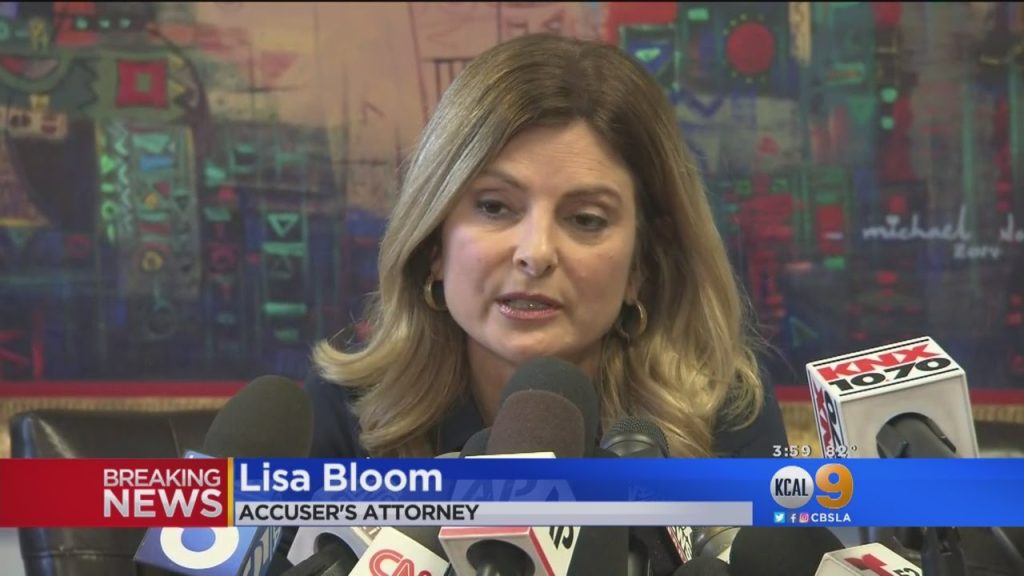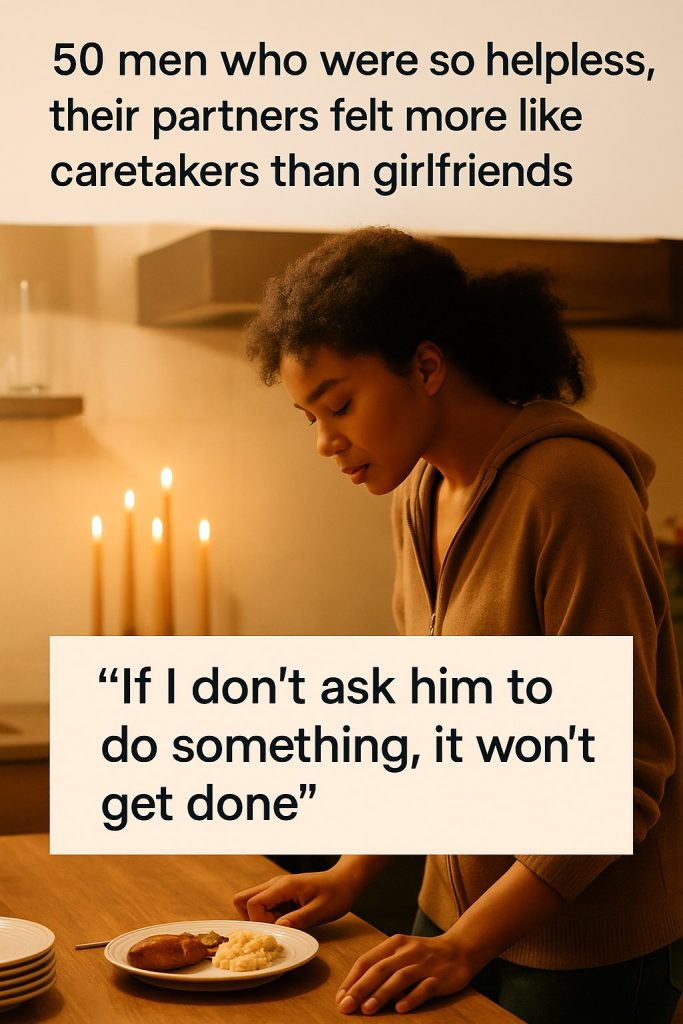In a shocking turn of events, a planned press conference by a woman accusing former President Donald Trump of raping her at the age of 13 has been abruptly canceled. The announcement was made less than an hour before she was set to go public, leaving a room filled with reporters and numerous media outlets in confusion.
The woman, who has been identified by the pseudonym “Jane Doe,” was expected to detail allegations that Trump sexually assaulted her at multiple parties in 1994 when she was just a minor. Instead, her attorney, Lisa Bloom, addressed the media, revealing that the woman had decided against speaking out publicly due to an overwhelming sense of fear. Bloom stated that Jane Doe has been the target of numerous threats, which ultimately led to her decision to cancel the press conference.
“She is living in fear. She has decided that she is too afraid to show her face,” Bloom said. “She has been here all day, ready to do it. But unfortunately, she’s in terrible fear.” This cancellation adds to the complex narrative surrounding allegations against Trump, as it highlights the extreme pressures and possible repercussions faced by those who come forward with accusations against powerful figures.
This incident marks a significant moment in a series of accusations against Trump, who has faced allegations of sexual misconduct and assault from several women over the years. The accusations have often sparked considerable media coverage and public discourse, particularly during election seasons when Trump has been a candidate for office. Trump’s legal team has consistently denied all allegations, often framing them as politically motivated attacks.
Lisa Bloom, an established attorney in her own right and the daughter of famed lawyer Gloria Allred, has represented multiple women making accusations against Trump, emphasizing the challenges they face. Bloom pointed out that it is not just Jane Doe who is living in fear; other accusers have also reported receiving threats that have contributed to their silence or reluctance to speak out publicly.
The criminal justice system has complex layers when dealing with cases of sexual assault, particularly those that date back decades. Many survivors grapple with feelings of shame, fear, and isolation, which can be exacerbated by media scrutiny and public backlash. In Jane Doe’s case, her decision to remain anonymous highlights the vulnerability of those who come forward, as well as the often personal and painful consequences of sharing such deeply traumatic experiences.
Women’s rights advocates have long highlighted the courage it takes for victims to come forward, particularly in cases involving influential individuals. Jane Doe’s canceled press conference serves as a stark reminder of the chilling effect that threats and intimidation can have on potential disclosures of abuse. Advocates are calling for a broader conversation around accountability and support for survivors, emphasizing the need to create safer environments where they can feel empowered to share their stories.
As public interest in this case grows, there are questions regarding the impact of this withdrawal on the ongoing discussions about Trump and the weight of historical allegations against him. The U.S. public and legal systems will need to navigate these complex allegations, as well as the socio-political implications they carry, particularly in light of the upcoming elections.
While Jane Doe’s allegations remain unexamined in public due to her fears, her situation resonates with many survivors who face similar challenges. The persistence of these issues within the larger context of political discourse underscores the importance of compassion, support, and responsive legal pathways for those coming forward with their truths.



